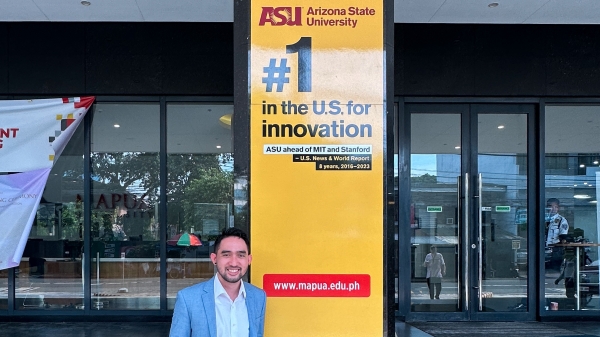ASU receives $9M grant to continue improving Arizonans' health through AHCCCS

ASU's College of Health Solutions will continue efforts in phase two of the AHCCCS project using data analytics and health system design to increase equity and decrease disparities in the health care system. Photo by Pixabay
Arizona State University has received a $9 million grant to continue its work with Arizona Health Care Cost Containment System (AHCCCS) to advance health equity and address patients’ whole-person care.
The university helped AHCCCS, the state’s Medicaid agency, to improve health outcomes since 2019, according to William Riley, professor of health care delivery in the College of Health Solutions. Riley leads the project along with co-principal investigator George Runger of the School of Computing and Augmented Intelligence.
“Six years ago the Arizona Medicaid program, AHCCCS, received a $315 million waiver to integrate primary care and behavioral health,” Riley said about phase one of the project. “We led the project in the last three years to work with over 400 health systems and clinics and over 1,000 physicians to improve population health metrics. It was very well received and highly regarded.”
“Phase two will focus on advancing equity and addressing health-related social needs to better impact health outcomes,” he said.
The grant is part of a larger, $250 million program that the U.S. Department of Health and Human Services renewed last fall. The 1115 Waiver authorizes states' Medicaid programs to make experimental or innovative changes and will run through Sept. 30, 2027.
The second phase of the project
The Targeted Investments Program helped improve the connection between physical and behavioral health-care providers at the patient level to increase access to a full array of services.
TI 2.0, the second phase, will get more providers involved through a range of initiatives aimed at addressing social drivers of health.
These enhanced initiatives include:
Effectively coordinating health-care providers and community partners to address an individual’s whole-person care needs, including primary care, behavioral health, and health-related social needs such as housing instability, food insecurity and transportation.
Systematically identifying and reducing inequitable health outcomes within the health-care organization’s patient population.
Adopting Culturally and Linguistically Appropriate Services (CLAS) standards to advance health equity, improve quality and help eliminate health care disparities.
Riley said the College of Health Solutions team led efforts to analyze failure modes in care delivery, then worked with physicians and clinics to develop processes to improve care.
“Physicians are at the front line seeing patients every day,” Riley said. “The care systems are often not aligned between organizations to coordinate care, and the processes are not designed to deliver care for a population of patients.
“In phase one, we helped create a clear line of sight between the policy goals and to develop processes so that physicians and behavioral-health experts could improve care for their patients.”
The college will continue those efforts in phase two using data analytics and health system design to increase equity and decrease disparities.
More Health and medicine
College of Health Solutions medical nutrition student aims to give back to her Navajo community
As Miss Navajo Nation, Amy N. Begaye worked to improve lives in her community by raising awareness about STEM education and…

Linguistics work could improve doctor-patient communications in Philippines, beyond
When Peter Torres traveled to Mapúa University in the Philippines over the summer, he was shocked to see a billboard promoting…

Turning data into knowledge: How Health Observatory at ASU aims to educate public
This is how David Engelthaler described his first couple of months on the job as executive director of the Health Observatory at…